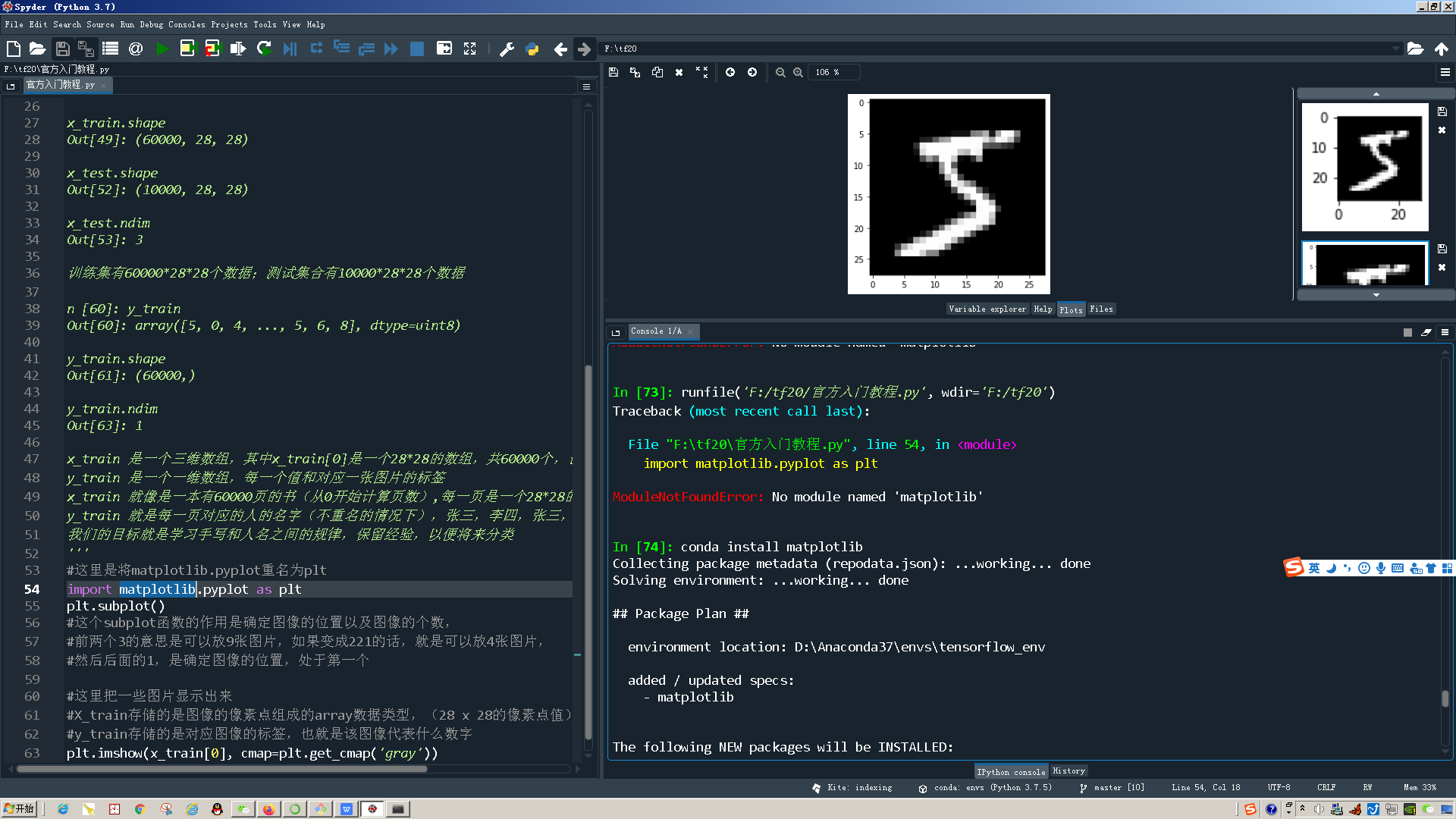

The function pyximport.install() can take several arguments to Variable called foo as a string, and then callĬythonize(., aliases=.ĭepfile – produce depfiles for the sources if True. You can then do # distutils: include_dirs = MY_HEADERS,įind the value of MY_HEADERS in the setup.py, put it in a python static_libs/include/īut this path isn’t always fixed and you want to find it when running As an example, say youĭirective # distutils: include_dirs =. To Python strings when calling cythonize(). To use, you can use aliases and pass a dictionary mapping those aliases butĬan only know at compile time (when running the setup.py) which values Nthreads – The number of concurrent builds for parallel compilationĪliases – If you want to use compiler directives like # distutils. Module names explicitly by passing them into the exclude option. Then, cythonizeĬopy of the Extension for every matching file.Įxclude – When passing glob patterns as module_list, you can exclude certain You can also pass Extension objects that have

The latterĪllows you to configure the extensions separately Module_list – As module list, pass either a glob pattern, a list of glob cythonize ( module_list, exclude = None, nthreads = 0, aliases = None, quiet = False, force = None, language = None, exclude_failures = False, show_all_warnings = False, ** options ) ¶Ĭompile a set of source modules into C/C++ files and return a list of distutils The function cythonize() can take extra arguments which will allow you toĬustomize your build. (as long as it can be converted to JSON). This metadata is only usedįor debugging purposes, so you can put whatever you want in there (extension, metadata), where extension is the createdĮxtension and metadata is metadata which will be writtenĪs JSON at the top of the generated C files. The function create_extension must return a 2-tuple Template is the Extension object given as input to CythonĪnd kwds is a dict with all keywords which should be used This function takes 2 arguments template and kwds, where

The sources, dependencies and # distutils directives but before the To create the final Extension object after Cython has processed To do this, you can provide a custom function create_extension Sometimes this is not enough and you need finer customization of the h and library files when linking to external libraries. Some useful options to know aboutĪre include_dirs, libraries, and library_dirs which specify where The Extension class takes many options, and a fuller explanation canīe found in the setuptools documentation. pxd source file using a special comment block at the start of the file:įrom setuptools import Extension, setup from Cython.Build import cythonize sourcefiles = extensions = setup ( ext_modules = cythonize ( extensions ) ) Pkg-config to determine them) you can also provide them directly in your If your options are static (for example you do not need to call a tool like To prevent this, include zip_safe=False in the arguments to setup(). When you try to use them from a dependent package. Note also that if you use setuptools instead of distutils, the defaultĪction when running python setup.py install is to create a zippedĮgg file which will not work with cimport for pxd files Note that when using setuptools, you should import it before Cython, otherwise,īoth might disagree about the class to use here. Extension ( "*", , include_dirs =, libraries =, library_dirs = ), ] setup ( name = "My hello app", ext_modules = cythonize ( extensions ), ) System, for example, it might look similar to this:įrom setuptools import Extension, setup from Cython.Build import cythonize extensions =, include_dirs =, libraries =, library_dirs = ), # Everything but primes.pyx is included here. Writing extension modules should have some details for your system. c files will varyĭepending on your operating system and compiler.
CYTHON INSTALL ANACONDA WINDOWS HOW TO
In the case of manual compilation, how to compile your.
CYTHON INSTALL ANACONDA WINDOWS CODE
There simpler command line tool cython only invokes the source code translator. h flag for a complete list of supported options. **/*.pyx as argument and also understands the common -j option for The cythonize command accepts multiple source files and glob patterns like The -a switch additionally produces an annotated html file of the source code. Platform) next to the source file for direct import ( -i builds “in place”). This creates a yourmod.c file (or yourmod.cpp in C++ mode), compiles it,Īnd puts the resulting extension module (.


 0 kommentar(er)
0 kommentar(er)
